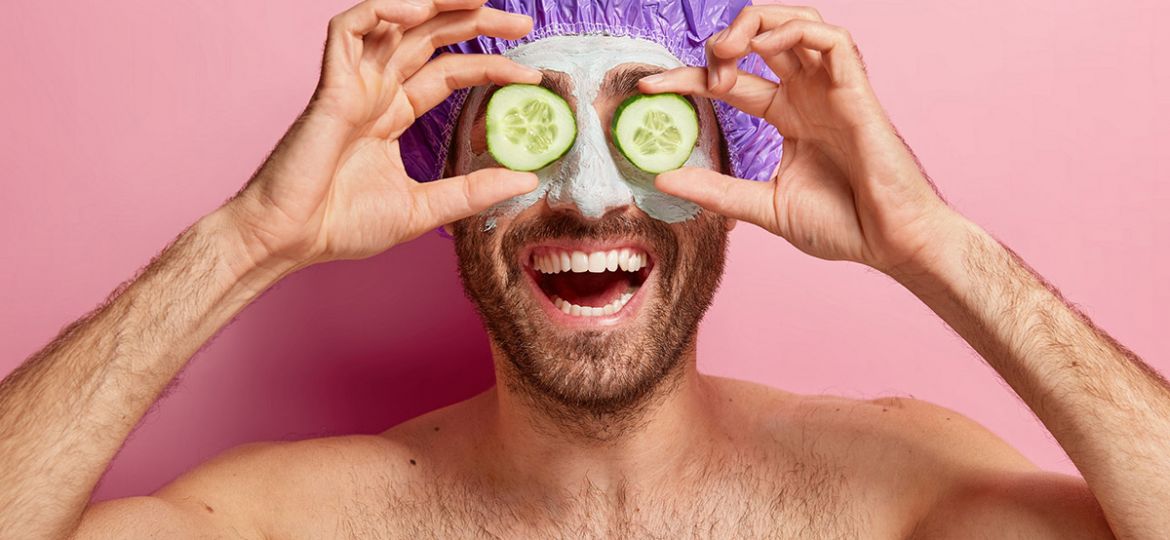
I recently saw a post on social media asking teachers if they practice self-care on Saturday, Sunday or not at all. Really? Are they our only options? Absolutely not.
Self-care is a part of your wellbeing. However, it is important to understand the relationship between wellbeing and self-care. Self-care is what you do, and wellbeing is your state (physical, emotional and mental state). Self-care contributes to your state as it impacts how you feel.
Self-care does not need to be thought of as something you do one day a week, when your to-do list is all ticked off or when you are already burnout. To help you achieve wellbeing that thrives, self-care needs to include both ritualised practices and occasional, event-based practices. Doing both of these well leads to thriving wellbeing whilst not doing either leads to absent wellbeing.

*Diagram 1: The Relationship Between Self-Care and Wellbeing
Ritualised self-care practices are things that are part of your everyday routine e.g getting 8 hours of sleep a night, not having your work emails on your phone and making sure you do some form of daily movement and exercise. You have built habits around these, they are non-negotiables and so well sustained you don’t have to think about doing them, they just happen. In fact, after a while, they can become boring, chore-like and don’t always make you feel good, or improve your overall mood, but in the long term you know they matter to your overall wellbeing.
The flip side to this is occasional self-care. This is self-care which is done ad-hoc because it makes you feel good and can instantly improve your mood e.g getting popping on a face mask, going to a yoga class or having a morning tea with colleagues. These aren’t self-care practices you do every day, but occasionally you need to engage in them because they are the mood-boosting things you need when you are feeling a little flat.
It is a bit like the approach you can take to cleaning your house. You can develop a ritualised cleaning schedule with a task to do each day or setting aside Saturday morning as ‘cleaning time’ or you can do things occasionally and when you feel like it. Sure, they both get the job done, but one is probably going to lead to piles of dishes and overflowing bins while you wait until you feel like cleaning and the other is perhaps a bit too rigid and controlling. You need a balance. If the bins are full, empty them, don’t wait for your scheduled ‘cleaning time’ and if your bathroom is a mess but you just aren’t in the mood to clean, do it anyway, sometimes sustainable practices are hard and not always fun.
Just as when you clean the house, you need a balance of occasional and ritualised practices for your own self-care so your wellbeing can thrive.
So, how is your self-care practice?
Warm Regards,
